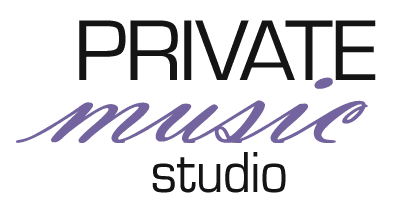YOU'LL NEVER BE BROKE AS A MUSICIAN AND / OR TEACHER
A lot of people hear the term “musician” and think of a struggling performer who can barely make ends meet. But being a “professional musician” who is well trained and experienced actually has quite a lot of options to make a great living.
In fact, most musicians have so many career choices they don’t stick to just one area. They either do several at a time or their career moves in different directions as they continue to grow musically. If your training and practice is solid, you can create a professional career for yourself just like other vocations. Here is a list of the most popular choices:
1) Performing – Part-time or full-time, musicians play regular gigs as soloists, with a small or large performance group, as a studio musician, or accompanist. Plenty of musicians get regular work performing in wedding bands, house bands, or solo acts in restaurants during dinner hours. You can also look online or reach out to recording studios to get work as a session musician.
2) Music Industry/Business – It’s extremely satisfying to use the knowledge you’ve gained to help other musicians navigate the industry. There is plenty of work managing other artists, working as a producer / engineer, or agent. Not to mention, if your artists do well, the payoff could be huge.
3) Music Therapy – If playing music moves you and you love sharing it with others, why not use it for healing? Work alongside home bound or hospital patients and help lift their spirits and aid in the healing process. According to Harvard Health Publishing, “Music therapy can calm anxiety, ease pain, and provide a pleasant diversion during chemotherapy or a hospital stay.”
4) Teaching Music – There are mainly two options when it comes to teaching. You can either teach in public/private schools or in your own studio in any location. The one that appeals to you depends on which fits your lifestyle needs. Public or private school has hours during the school day and provides a steady and predictable income. Owning a private studio allows you to be your own boss and control how much money you make. This route mainly has after school and night hours plus weekends.
5) Music technology/Recording – Wouldn’t it be exciting to be involved in the creation of music recordings? There are many options to work as a producer/recording engineer, a technician for a recording studio, or gear company. In this field, you can either work for yourself as a freelance producer/engineer/tech or be hired as an “in-house” professional.
6) Music Theory – Theory allows you to teach at any level in schools, studios, or Universities. This subject usually works in conjunction with either teaching instrumental or vocal music. You can either step into a position, which already has a program established or find the opportunity to create your own theory program.
7) Music History – There’s nothing more interesting than documenting music as it passes through time as a historian. Most Universities offer music history courses and history is also usually integrated into most music appreciation courses. There are many different levels to teach. Find a particular subject matter you love? You can always write books!
8) Composer/Arranger – As a composer, you can either write your own music or be commissioned by someone else. You can get a licensing contract to sell your own compositions and establish your name in the industry. This area pays quite well.
9) All of the Above – Most find happiness and a solid income doing a combination of several jobs. Find what speaks to you and create a long-lasting career doing what you love.











